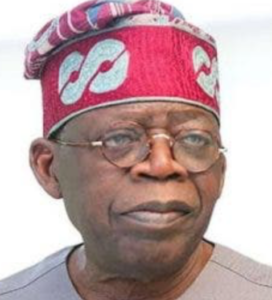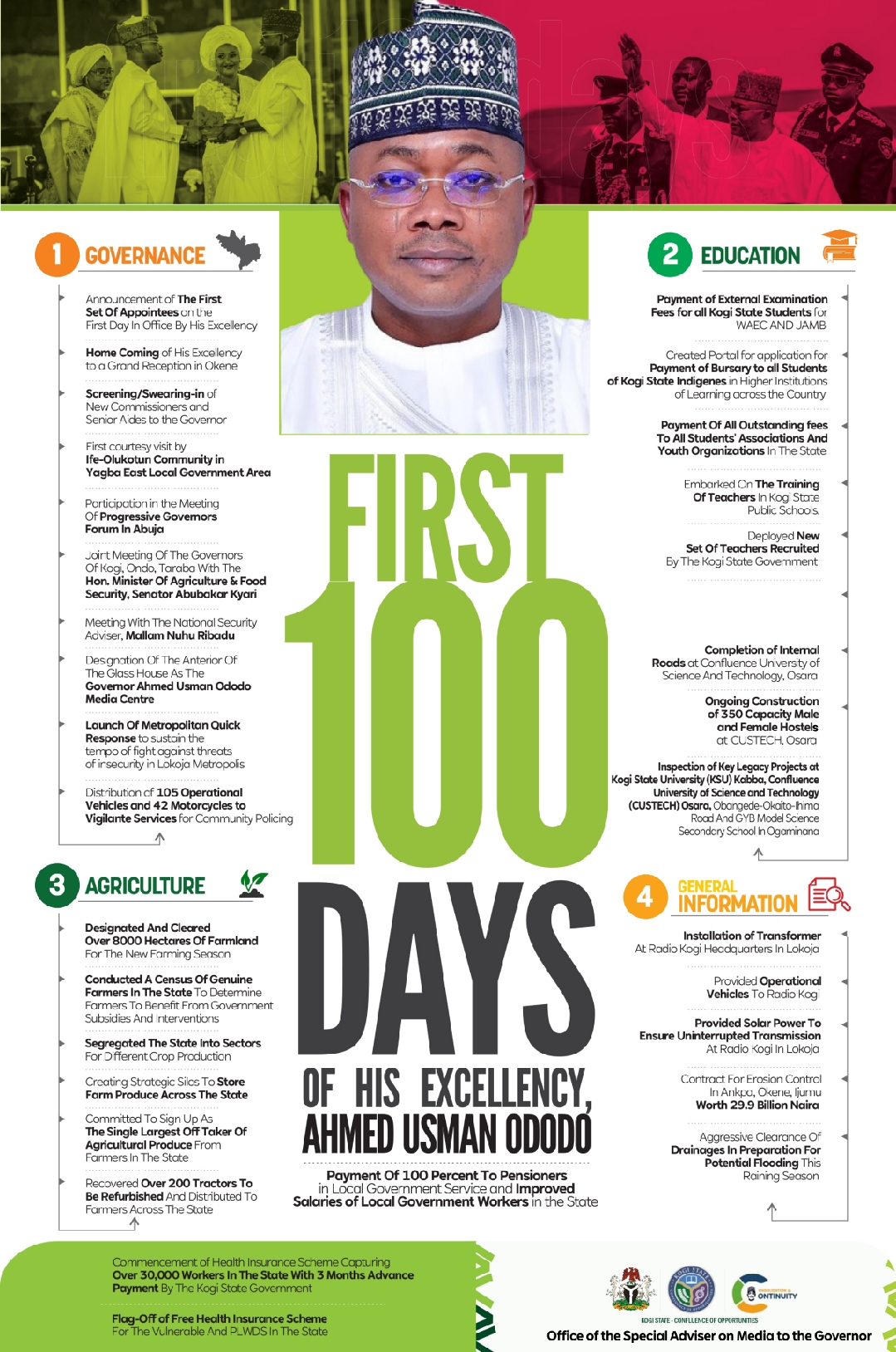
By Fatima Abdulmumini

Towards the end of the past government, the Major Oil Marketers Association Of Nigeria(MOMAN) has attributed the lingering fuel scarcity in the country to high costs of vessels and inadequate trucks to deliver Petroleum products from depots to filling stations across Nigeria. The major problem now is the removal of subsidy by the present government and that action led to the price of 1 litre of Petroleum to cost N620.
The removal in May has triggered skyrocketing fuel prices in Africa’s largest oil producers, Almost two months after Nigerian president Bola Tinubu scrapped a popular but costly fuel subsidy, petrol prices have risen to 619 naira($0.78) per litre, the highest in the history of Africans largest oil producers.
Nigeria’s refineries are non-functional thereby necessitating the continuous importation of refined Petroleum.
The economy’s key sectors suffer due to low earnings already consumed by inflated subsidy payments. The trade deficit of $20 million recorded in November 2022 from the low crude oil export receipts signals the urgency to jettison petrol subsidy, develop local production capacity and end fuel import dependency for a favourable balance of trade.
Fuel subsidy was riddled with corruption, manipulation and mismanagement. Nigeria spent about 10 trillion Naira on petroleum subsidies between 2006 – 2018. It gulped N5.82 trillion 2021 – 2022 and N3.36 trillion being proposed for the first six months of 2023. These figures indicate a significant drain on the government’s finances, impeding its ability to invest in crucial sectors which could bolster economic growth and people’s well-being.
It’s a highlight, below is the breakdown of prices of Petroleum from the exit of the past regime to the coming in of the present government which had been unstable and very ridiculous.
As at last year, a litre of Petroleum was cost 161 naira.
Towards the end of the year, there was scarcity of Petroleum product which resulted in buying fuel from the black market at the rate of 200naira to 250naira per litre.
At the beginning of the year, the official rate became 197 per litre that lasted up to exit of past government.
In June 2023, the present government declared removal of subsidy which resulted to the cost of a litre of Petroleum sold at 520 naira.
In July, the price was further increased to 620 naira per litre.
Nigeria did not profit from the surge in oil prices due to low oil output and the spike in fuel subsidy expenses. As the country’s total public debt nears N80 trillion, it is not surprising why Governor Godwin Obaseki raised an alarm that “It would be a miracle for the Federal Government and state governments to pay salaries beyond June this year without resorting to massively printing of money or removing fuel subsidy. Either of these decisions will bring more hardship and pain to Nigerians, particularly workers.” Such a dilemma and tough decision. The government is confronted with either continuing the subsidy and deepening an unsustainable fiscal deficit or risk potential social and economic unrest by its removal.
The government has repeatedly said the subsidy on petrol was unsustainable due to the amount spent. Over N4 trillion was expended on petrol subsidy last year, more than the government spent on education and healthcare combined. The federal government has saved over one trillion naira in the past two months following the removal of subsidy on petrol President Bola Tinubu said.
As fuel prices increased, many people saw their transportation costs go up as well. This is because many public transportation systems in Nigeria rely on fuel, and the price increases were passed on to consumers. In addition, many private transportation services, such as taxis and ride-sharing apps, also increased their prices.
All of this has made it harder for people to get around and has had a negative impact on the economy. Many people in Nigeria rely on food that is produced locally, and the cost of transporting that food has also increased due to the higher fuel prices. In addition, many farmers have had to pay more for fertilizer and other inputs, which has also driven up food prices.
All of this has made it harder for people to afford the food they need, and has also contributed to inflation.
Life has become unbearable to Nigerians, and we hope that the government will find a lasting solution that will bounce back Nigerians to a comfortable and reasonable living again.
ABDULMUMINI FATIMA, MASS COMMUNICATION DEPARTMENT
AHMADU BELLO UNIVERSITY ZARIA, KADUNA STATE


